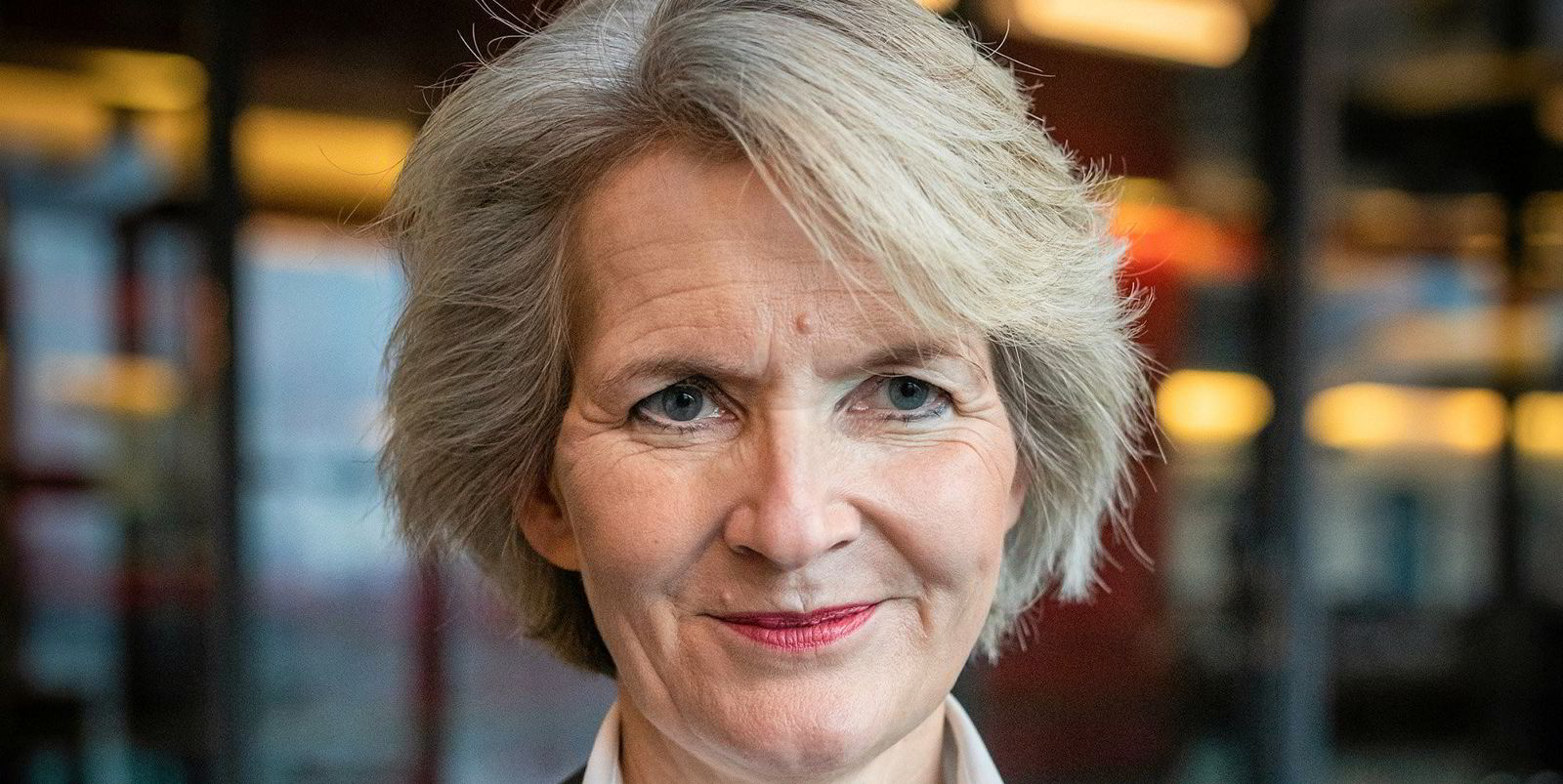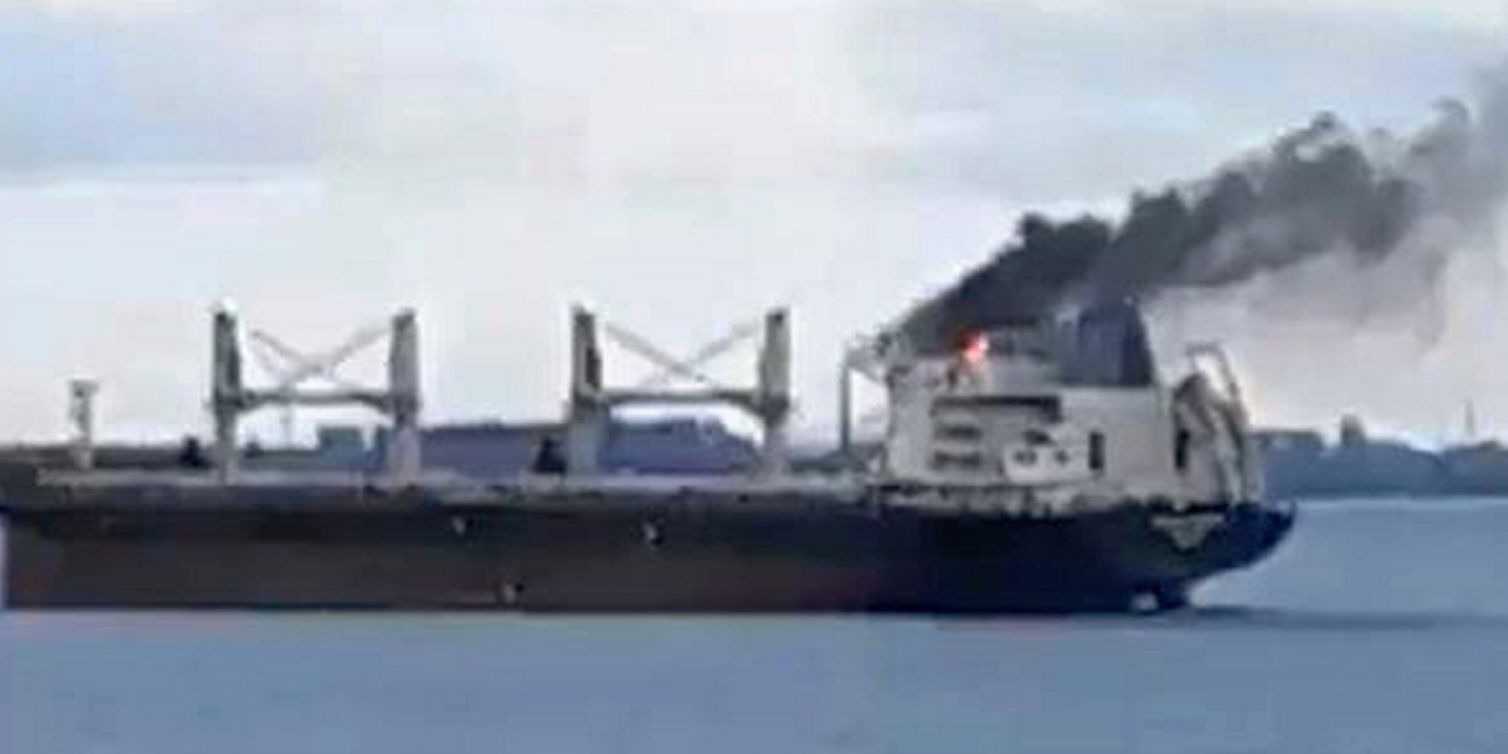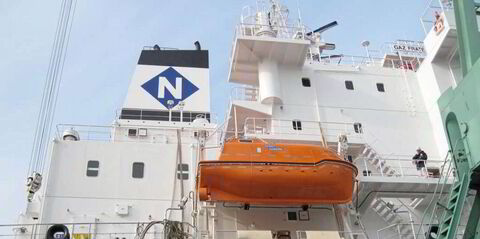Demand for Filipino seafarers and officers has started to increase following the outbreak of war in Ukraine, says a major Greek crewing agent.
Amid war, repatriation and crew exchange problems affecting Ukrainian personnel, shipowners are looking for alternative short-term solutions, said Panos Zalachoris, chairman of Status Maritime.
“Owners using Ukrainians are turning towards other nationalities, Filipinos being the first priority,” said Zalachoris, whose company has a database of more than 7,000 Filipino seafarers and officers.
Filipino seafarers are already being offered higher salaries to sign on and fill labour gaps, said Zalachoris, whose company serves nearly 200 vessels on behalf of about 40 principals that include major Greek names such as Sea World Management, Avin International and Cosmoship Management.
With war approaching Ukraine’s major shipping hub of Odessa, the supply of seafaring personnel is breaking down.
Status Maritime had to temporarily shut down its office there, one of several the company entertains throughout the world.
“Our office manager had to flee to Moldavia to protect her family — we’ve paid her two months in advance,” said Zalachoris, a shipping lawyer by profession.
About 60 Ukrainian seafarers on Status Maritime ships are all well at the moment, but can’t return home directly.
“A lot of seafarers will get stuck,” said Zalachoris.
Another practical issue crewing agencies and owners face is that Ukrainian personnel often ask to be paid cash on board because they’re not sure they’ll receive their money via bank transfer home.
Getting a grip on Covid
Ukraine disruption has come just as the company, and shipping in general, was getting a grip on the coronavirus crisis.
“Even though the situation was indeed uncomfortable during December, due to the Omicron variant of Covid-19, our company didn’t face any serious issues since we’ve acted proactively and prepared already months ago,” said Zalachoris, whose company has been in business since 1998.
Recruitment and training by remote, digital means was one of the most efficient strategies Status Maritime used.
“Actually, we were the first manning office that created and proceeded with distance learning courses and digital recruitment means,” said Zalachoris, whose company has offices in Athens, Manila, Iloilo, Constanta, Split, and Odessa.
According to Zalachoris, such measures helped the company have more than 5,000 seafarers onboard to “diminish” crewing and crew change delays.
Despite the upheaval, the company is already looking towards the future.
“There is always room for expanding and growing our business,” said Zalachoris, identifying the US as “a potential country for expansion shortly”.
“Before any decision, we always take into consideration the various external factors, which may affect our decision, such as the political situation of each country, the rank-based availability of seafarers, and the specific needs and requests of our principals,” he added.
According to Status Maritime’s website, nearly 80% of the ships it is crewing are tankers.





